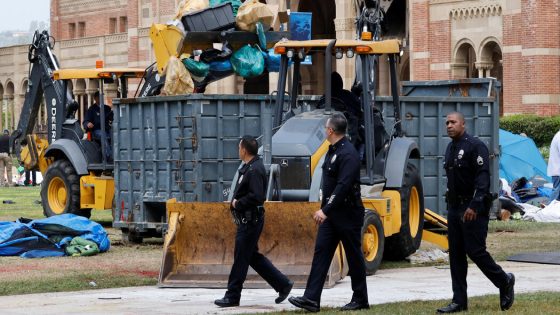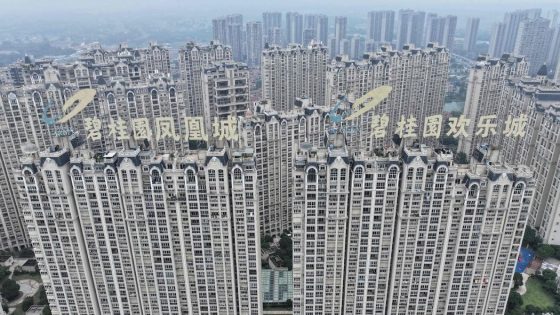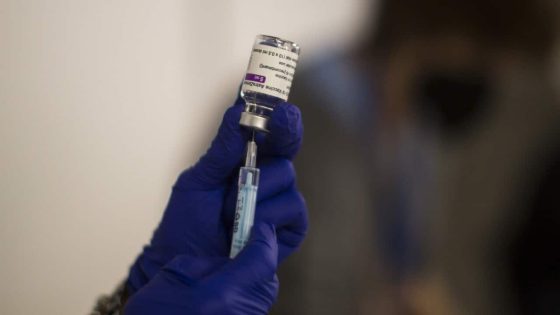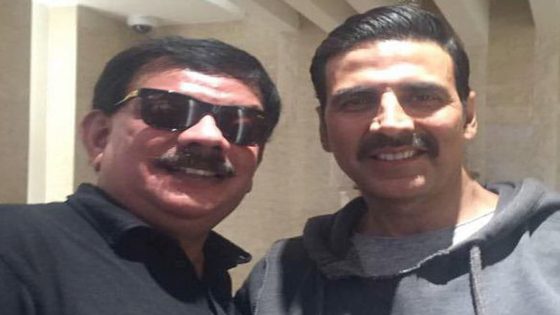On Thursday morning, the campus at the University of California, Los Angeles, reflected the aftermath of a protest in defeat. Littered across the lawn was a mass of trampled tents, sleeping bags, pizza boxes, blankets and poles.
Just hours earlier, as protesters chanted and sprayed fire extinguishers, police officers in riot gear tore down the pro-Palestinian encampment that had dominated a well-known quad at the university for a week.
About 200 people were arrested and booked after a standoff with the authorities, according to Nicole Nishida, a spokeswoman for the Los Angeles County Sheriff’s Department. Most were charged with misdemeanors such as unlawful assembly, she said, and the majority had been released by midmorning.
About 300 protesters left voluntarily, according to the university.
Students and faculty have been left struggling to comprehend their university’s response during two days of disorder that disrupted a campus that had supported free speech as long as things remained peaceful.
Earlier this week, a violent overnight brawl between those in the encampment and dozens of counterprotesters ended only after Los Angeles authorities finally arrived. The melee had included fistfights, chemicals sprayed into the air and people being kicked or beaten with poles. Many of the participants did not include students. No arrests were made that night.
“We’d like some transparency from within the administration and within law enforcement, given the delays and inconsistencies in reaction,” said Jeremy Zwick, a third-year history major at U.C.L.A. “It was a frustrating strategy to witness, and it definitely caused a lot of confusion.”
Mr. Zwick, who was not an active protester but went inside the encampment briefly on Wednesday night to observe the scene, said he believed the police intervention early Thursday was somewhat warranted.
“From a public health perspective, there was excrement, urine everywhere,” he said. He also saw, he said, “an obvious potential for violence.” But his biggest issue was with how protesters had blocked public walkways.
The events forced the cancellation of in-person classes and various events through Friday.
“I obviously support the right to gather,” Mr. Zwick said. “But we paid for a full semester, and at least in the past week, we aren’t getting it. At the end of the day, this isn’t a space for activism. It’s a space for students.”
By early afternoon, Gene Block, the U.C.L.A. chancellor, had sent a lengthy email to the campus community saying that the university’s approach to the encampment had been guided by the need to support both free expression and the safety of the community, while minimizing disruption to learning.
“The events of the past several days, and especially the terrifying attack on our students, faculty and staff on Tuesday night, have challenged our efforts to live up to these principles,” Mr. Block said.
Administrators communicated with protest leaders but could not come to an agreement about voluntarily disbanding the encampment, he said.
Mr. Block said that when the violence broke out on Tuesday, campus leaders immediately directed the U.C.L.A. Police Department chief to call for the support of outside law enforcement. He said that the university was investigating the “violent incidents of the past several days” and was also examining its security processes.
“The past week has been among the most painful periods our UCLA community has ever experienced,” he said. “It has fractured our sense of togetherness and frayed our bonds of trust, and will surely leave a scar on the campus.”
Ariel Dardashti, 20, a Jewish student who is studying pre-law, said his parents fled Iran because of religious persecution, and that his extended family lives largely in Israel. He had come to campus on Thursday to see firsthand the images that had flooded social media: some of the university’s stately brick buildings serving as a canvas for graffiti.
Among the messages and scribbling was a red swastika painted near the entrance to the math building. “I don’t see why this had to become so polarized,” Mr. Dardashti said. He called the university’s response “deplorable” and said that he hopes the events created a needed dialogue.
“It’s just deeply troubling,” said Mr. Dardashti, who felt the protests had been antisemitic and threatening to him.
The university administration had at first followed a University of California practice to avoid calling in law enforcement unless “absolutely necessary to protect the physical safety of the campus.”
U.C.L.A. leaders abruptly changed their minds on Tuesday afternoon, calling the encampment an unlawful assembly.
When authorities arrived Wednesday night, they issued a warning to pro-Palestinian demonstrators: Leave the encampment or face arrest.
At around 3 a.m. Thursday, officers breached one of the barricades at the encampment and began to pull apart plywood and other materials that demonstrators had used to build a wall. A line of students linked arms to take its place.
Officers gave another dispersal warning to protesters. They corralled those who refused to leave and began arresting them, zip-tying their wrists and leading them away.
Police officers pulled up tents, and one removed a Palestinian flag, tossing it aside. Officers were equipped with a variety of what the police call “nonlethal” tools, including flash-bang devices. Several officers used them to fire at demonstrators at various points.
Matt Barreto, a professor of Chicano studies and political science at U.C.L.A., was inside the encampment during the morning standoff. He said there was a tent staffed by students from the medical school who tended to protesters’ cuts, bruises and splinters.
“Now the university will have to come to terms with how they treated their own students,” said Mr. Barreto, who noted that he was among about 200 faculty members who have been supporting the protesters.
Mr. Barreto also faulted the administration for how it handled things when violence erupted among those in the encampment and counterprotesters on Tuesday night.
“The university’s job is to protect students,” Mr. Barreto said. “They did nothing.”
Debate about Israel and Palestine is one of the most enduring sources of tension on University of California campuses. Pro-Palestine and pro-Israel factions of student governments routinely spar over resolutions calling on their university to divest from Israel, including at U.C.L.A. where the undergraduate student council has voted almost annually in support of divestment for the past decade.
The largest University of California employee union, which includes many graduate student researchers and student workers, announced on Thursday that it would file an unfair labor practices charge against U.C.L.A. and was weighing a strike authorization vote over what union leaders called discriminatory treatment of pro-Palestinian protesters.
Now, many people exhausted and pained from what was an unimaginable week have turned their thoughts to the future. Graduation, if it were somehow affected, would be a difficult moment to miss, particularly for students whose high school graduations were canceled during the pandemic.
“It’s a very hard process to get in here, it’s a very hard process to stay here and to keep good academic standing,” Mr. Dardashti, the pre-law student, said. “It would be very sad if we couldn’t walk on that stage.”
Reporting was contributed by Emily Baumgaertner, Shawn Hubler, Jill Cowan and Jonathan Wolfe.
Source Agencies




